by Leon Pantenburg
Somebody could probably claim conflict of interest right off the bat here.
I am a died-in-the-wool Jim Cobb fan, and have been, ever since his first publications came out. I’ve read all his books, and follow him on social media. We have worked together on “Bushcraft Survival Guide” and the “Prepper Survival Guide” magazines and I consider him a friend. He is a recognized survival/preparedness expert, and a nice guy.
All this aside, Jim’s latest book “Prepper’s Long-Term Survival Guide” second edition presents a balanced, informed look at long term preparedness. It is a great informational source for folks who are wavering, or unsure, about this whole preparedness concept. It would be a great book to give to a beginner preparedness person.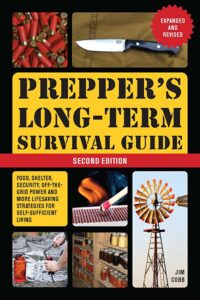
The book takes the reader from the initial “Shinola Hit The Fan” reaction to thinking long term, when life goes back to the Dark Ages. And that’s why “long term” is in the title – what do you do if the lights don’t come back on, water and food are scarce and dialing 911 is not an option? How will you handle a life where everything is back to basics?
As the book mentions, this concept has been lacking in survival non-fiction books.
One of my favorite parts are the scenarios at the beginning of each chapter. There is no Zombie Apocalypse or “Walking Dead” synopsis. Instead, there are very realistic settings where the reader is forced to think “This could really happen.” Jim’s writing style makes this book a good read, and his word-smithing ability is incredible.

Jim Cobb
Here are some book highpoints:
Water: Everybody knows you need it. But how many times do you hear people mention that because of their proximity to a lake or river, they don’t really need to stockpile water? Well, maybe that’s so, assuming the water source hasn’t become polluted or contaminated in a chemical spill.
But how will you haul it? Water weighs about eight pounds a gallon. Jim’s suggestion is excellent – get several five-gallon buckets with tight lids and a two-wheeled cart like you see in grocery stores. The average person can easily wheel three full buckets – some 120 pounds worth – for reasonable distances.
Surviving boredom: Who thinks about that? But on long winter nights, you better have a selection of board games and several decks of cards handy. Real books are another necessity. And musical instruments and live music have been entertainment mainstays for eons. Remember, no electricity means no Netflix, Youtube, movie channels etc. The dark winter nights could get really long.
Firearms: Too often, prepper/survivalists are heavy on the firearms aspect, and light on the food and water storage aspects. Jim and I agree: start with three or four basic firearms: a handgun, .22 rifle, shotgun and centerfire rifle. Build on this battery.
Community: Think you’ll survive out there as a “lone wolf”?
Guess again. It’s no coincidence that solitary confinement is one of the worst punishments for people in prison. It won’t be long before the loner needs to search out other people. But how do you find a group of like-minded folks to form a tribe with? Some answers are in this book.
Barter: After the disaster event, who knows how long paper money will be worth anything? There will have to be some way to exchange goods and services, and that will probably be a barter system. What items for trade are the best to stockpile? And what skills or trades are going to be needed in a no-cash world? There are some valuable insights in this chapter.
When it comes to disaster preparedness, how often do you hear “It can’t happen here?” Or “That was a one-time natural disaster.” or “A really valuable lesson, but not relevant.”
Now think East Palestine, Ohio. “It” can happen here. It already has.
This book should be in any preparedness/survival reference library. My library already has a copy.
Leon Pantenburg is a wilderness skills instructor, canoe guide, backpacker and hunter and fisherman. He is the author of “Bushcraft Basics: A Common Sense Wilderness Survival Handbook.” An award-winning journalist with some 40 years of experience in the field, Leon is the author of Survivalcommonsense.com, a survival website that has been in continual operations since 2009.

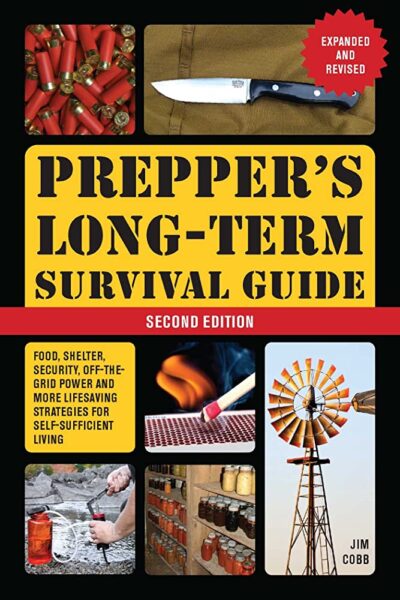
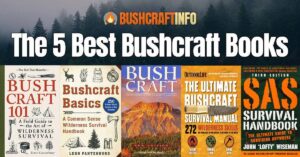
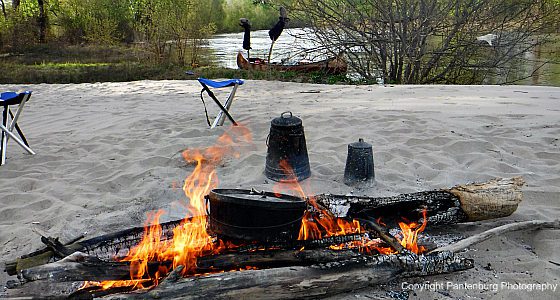
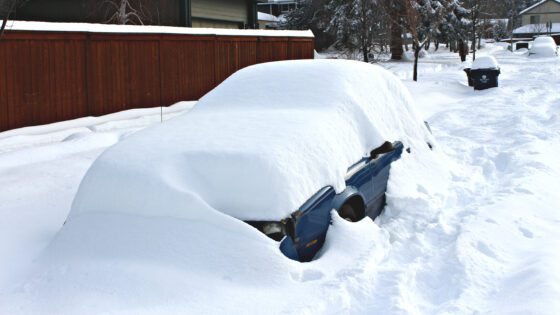
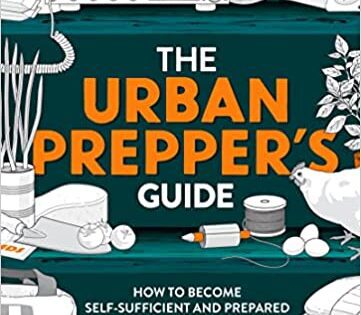
Leave a Reply